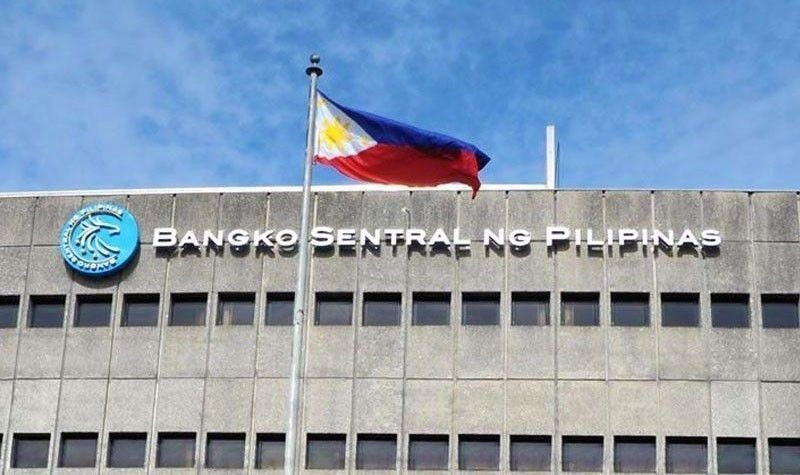Banks' bad loans hit record-high in October with no signs of abating

MANILA, Philippines (Updated 7:52 p.m.) — Banks’ bad loans surged to a fresh record-high in October while rising number of foreclosed properties also tarnished lenders’ balance sheets at a critical time authorities wanted more funds lent to consumers instead of covering potential losses.
Gross non-performing loans (NPL), bank credit that remained unpaid at least 30 days past due, rose 69.9% year-on-year and 5.56% from previous month to P391.42 billion as of October, Bangko Sentral ng Pilipinas (BSP) data showed.
That brought NPL to account for 3.69% of total loan books, the highest in comparable record from 2013. BSP said earlier data, including NPL peaks during the Asian financial crisis in 1997, would be incomparable due to methodology changes in computing soured debts.
The central bank is unsurprised of the latest uptick in soured loans considering that banks themselves expect to cap the year at a much higher ratio of 4.6%. At that point, reprieve offered to debtors to delay payments since March would have fully faded, resulting in a jump in NPL.
Still, BSP Deputy Governor Chuchi Fonacier was careful not to make a future assessment. “At this point, it is difficult to comment on the NPL trend since the loan payment moratorium is still in effect,” she said in a text message.
The single 60-day moratorium on loan payment collection was mandated by Republic Act 11494 or the Bayanihan to Recover As One enacted last June to ease the burden on consumers struggling to get a living during the health crisis. It followed a longer 30-day reprieve that got rolled over for 3 months from March just when coronavirus restrictions were at their tightest.
As grace periods approach their end, Ruben Carlo Asuncion, chief economist at UnionBank of the Philippines, expects NPL to go nowhere but up, likely even triggering closures for lenders with smaller assets to offset costs.
“Bank resiliency will be challenged with NPL rising further,” he said in an online exchange on Wednesday evening.
There are signs bank capital is starting to get eroded by bad debts. Allowance for credit losses have been trending below NPL over the past 2 months at P347.7 billion as of October. As a result, NPL coverage ratio, a measure of their sufficiency, sank to their lowest since 2013 at 88.83%.
Beyond loans, other assets like foreclosed properties are also rising. Their measure, called non-performing assets, surged 48.8% from year-ago levels to P504.83 billion. Including restructured loans that involved credit subjected to negotiations with struggling borrowers, cumulative distressed assets now account for 5.72% of banks’ real estate properties, considered an unhealthy level.
Monetary authorities are banking on the Financial Institutions Strategic Transfer (FIST) bill to deliver the much-needed rescue for banks to offload bad assets, free up their resources otherwise funneled to cover losses, and lend again. Earlier BSP data showed bank lending by big banks alone grew a measly 1.9% in October, a 14-year low.
FIST now awaits President Rodrigo Duterte’s signature to get enacted, although it might still take more time to establish FIST companies that would be in charge of absorbing, collecting and selling bad debts.
“Once firmly implemented, (FIST) can help loan growth bottlenecks and can get lending move and help in economic recovery,” Asuncion said.
- Latest
- Trending































